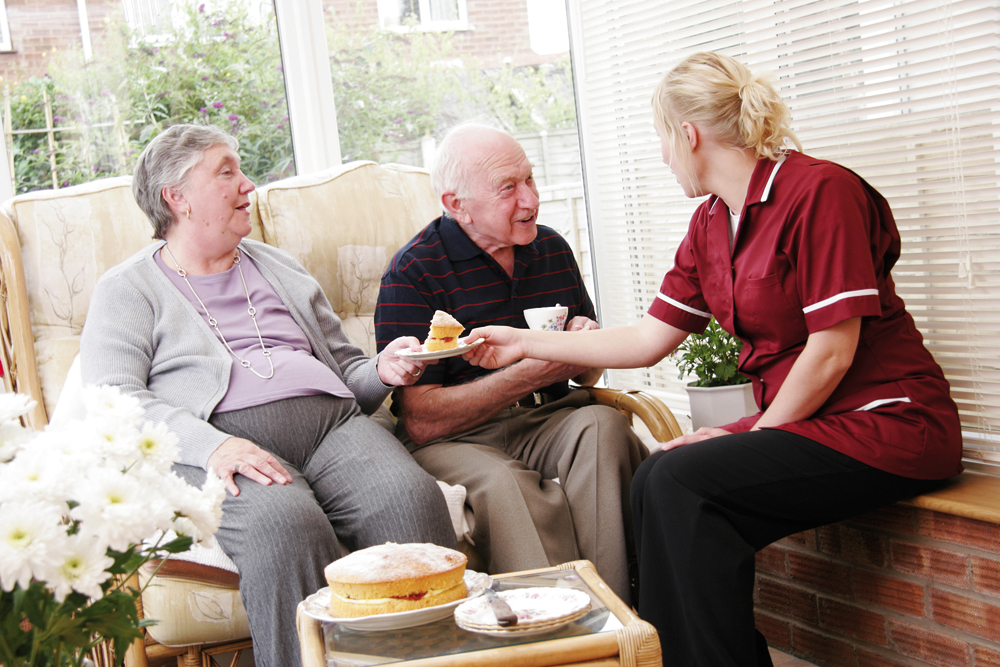News
Majority not saving for later life despite 4m needing daily care by 2029

Three quarters of people aged 45 or over are not putting any money aside to pay for their elderly care, research reveals.
One in ten people save less than £50 a month to cover care fees when they’re older, while 42% think they will be able to pay for it through their personal savings.
The research from SuperCarers, an online service matching families with carers, found that a third think the state will pay.
This is despite the fact that the current cap on when someone may be entitled to financial help from the state stands at £23,250.
A further 33% said they would pay for their care with equity from their home while 17% of the 1,000 over 45s polled said they don’t anticipate needing elderly care.
It is estimated that two million elderly people in the UK currently have a care-related need and four million will need daily help by 2029. The problem will be made worse by a shortage of carers as it is estimated there will be a deficit of 600,000 by 2025.
SuperCarers also found that 10% believe they will be a burden on their children as they get older and many expect to live to ripe old ages: 13% believe they will pass away between the ages of 76 and 80; 17% think it will be between the ages of 81 – 85 and 12% think they will be aged between 86-90. Three per cent think they will live to over 100.
Who pays for your care home needs?
If you or a loved one need care, your local authority will carry out a needs assessment to determine the type of care required. A financial assessment will also be carried out to calculate how much you need to contribute to your care home fees.
Your income and capital, such as savings and property, will be taken into account, but the extent will depend on your personal circumstances.
The most important figure you need to be aware of is the upper threshold of £23,250. If you have capital above this amount, you won’t get any help from the state, unless you have a condition which primarily needs nursing rather than social care, and which may give rise to funding support from the NHS.
If you have less than £14,250, your financial situation is fully disregarded.
Between these two thresholds, you will be required to make a contribution towards your care based on your capital amount.
See YourMoney.com’s Will I have to pay my own care home fees? guide to find out more about how joint assets such as accounts and property are considered in financial assessments and how to plan for elderly care.
Adam Pike, CEO and co-founder of SuperCarers, said: “The statistics show just how little planning is taking place by those aged 45 or over in terms of preparing for elderly care in spite of an ageing population. Considering the impact of growing old is often put off until it is too late and even though our research highlights there are clear concerns for health in later life, it seems that preparing financially for future care requirements isn’t as high up on the agenda as it should be.
“There is little faith in the UK’s care system as overpriced, poor quality service has become the norm. There is no wonder that there is a lot of negativity about later life and fear about how care is going to be paid for.”